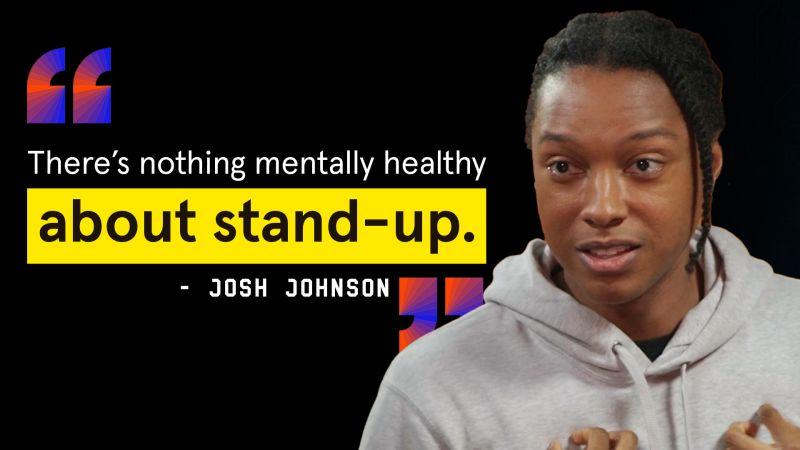Welcome to the Era of ‘Deep Doubt’
In an age where information is abundant, readily accessible, and constantly being shared, a prevalent phenomenon has emerged – deep doubt. This concept refers to the growing skepticism and distrust that people harbor towards traditional institutions, established sources of authority, and even objective facts. We find ourselves living in an era where skepticism has become the norm, and conspiracy theories, misinformation, and alternative realities reign supreme.
The rise of deep doubt can be attributed to a myriad of interconnected factors. Firstly, the advent of the internet and social media platforms has democratized information, allowing anyone to create and disseminate content. While this has undoubtedly brought about many positive changes, it has also given rise to a flood of misinformation and fake news. The ease with which falsehoods can be shared and amplified has created an environment where truth is increasingly elusive.
Furthermore, the erosion of trust in traditional institutions has contributed to deep doubt. Governments, religious institutions, and even media outlets have faced numerous scandals, leading many to question their motives and ethics. From political corruption to the abuse scandals within religious organizations, these instances have shattered the trust that people once placed in these institutions. As a result, individuals are more inclined to question information presented by these entities, further exacerbating deep doubt.
Another significant factor is the polarization of society. In recent years, political and cultural polarization has reached unprecedented levels, fostering an environment where people are less likely to trust information that contradicts their preexisting beliefs. The availability of alternative sources of information and echo chambers has allowed individuals to selectively consume content that aligns with their worldview. This has resulted in an erosion of trust in objective facts and an increased willingness to subscribe to unfounded theories.
The consequences of deep doubt are profound and far-reaching. Trust, a cornerstone of any functioning society, is eroded, leading to societal fragmentation and the erosion of democratic institutions. The ability to have meaningful dialogue and constructively address pressing issues becomes increasingly difficult when each side clings stubbornly to their own version of reality. The spread of misinformation can lead to public health crises, as seen recently during the COVID-19 pandemic when false information about vaccines discouraged their uptake and prolonged the duration of the crisis.
So, how can we navigate the era of deep doubt? It is crucial to emphasize critical thinking skills and media literacy. Equipping individuals with the tools to discern reliable information from falsehoods is vital. Education systems should prioritize teaching these skills, empowering individuals to question, analyze, and evaluate the information they come across. Additionally, media organizations should be diligent in fact-checking and ensuring accuracy in their reporting, stemming the spread of misinformation.
Moreover, it is essential to rebuild trust in institutions. Transparency, accountability, and ethical conduct must be prioritized to restore faith in these entities. Governments should work towards regaining public trust by adopting policies that foster transparency, combat corruption, and promote fair governance.
Lastly, breaking down echo chambers and fostering conversations across ideological divides is vital to address deep doubt. Encouraging open dialogue and seeking common ground is key to countering the polarization that perpetuates deep doubt. Promoting empathy, understanding, and tolerance can help build bridges between diverse perspectives.
as we enter the era of deep doubt, it is essential for individuals, institutions, and societies as a whole to confront this issue head-on. The challenges posed by deep doubt are immense, but by prioritizing critical thinking, rebuilding trust, and fostering inclusive dialogue, we can navigate these turbulent waters and rebuild a society founded on truth, trust, and unity.
Hey Subscribe to our newsletter for more articles like this directly to your email.
